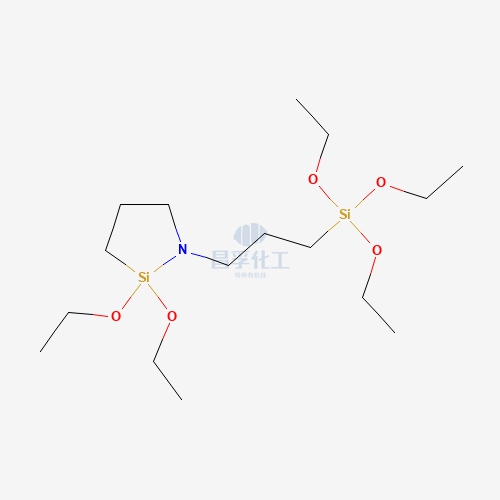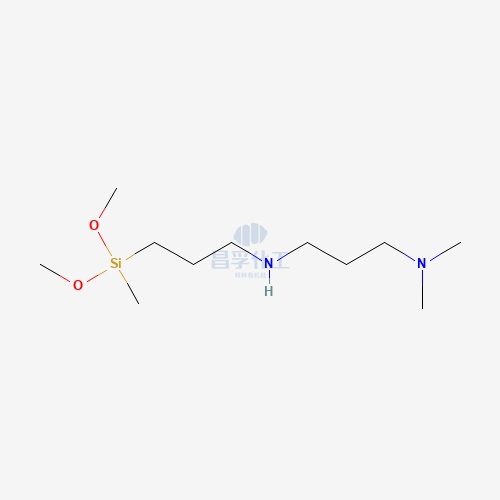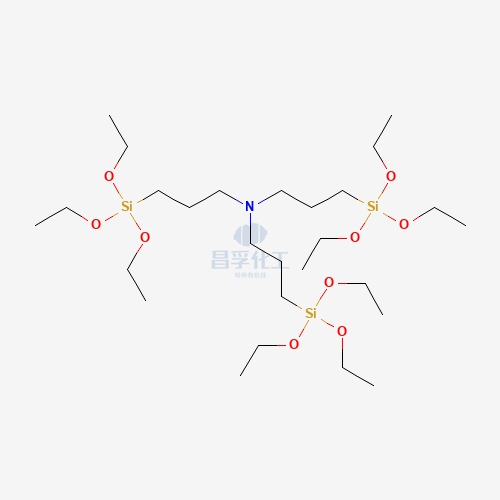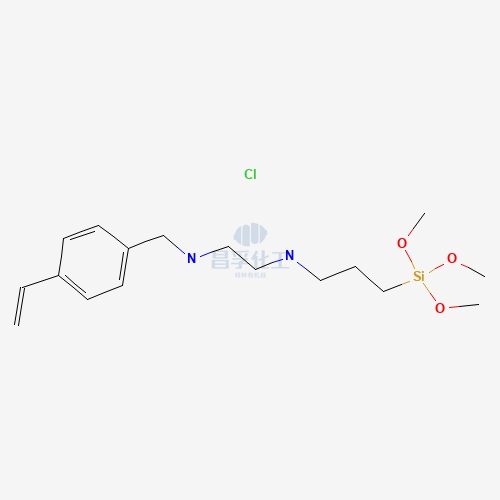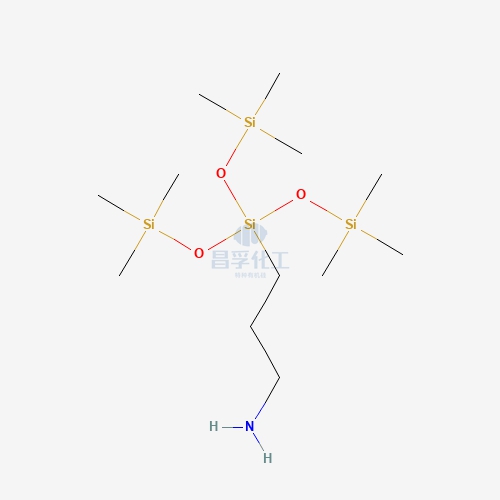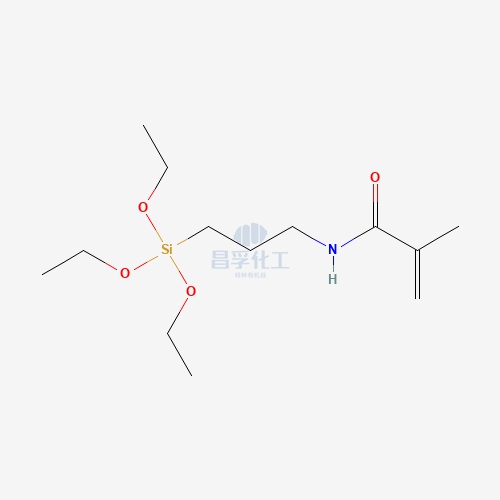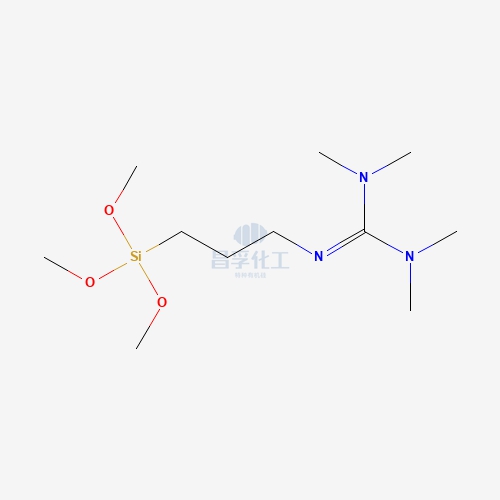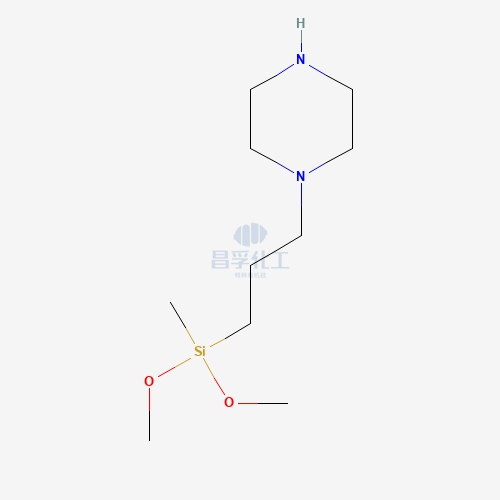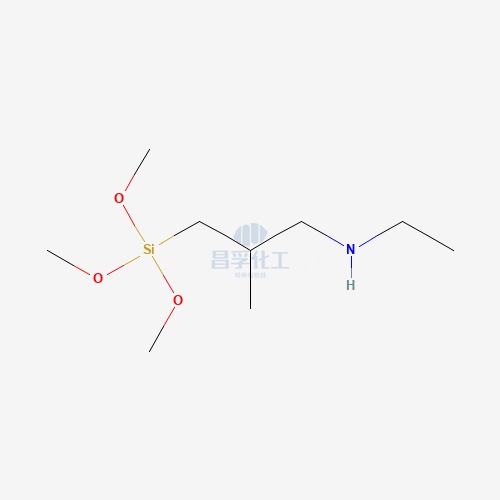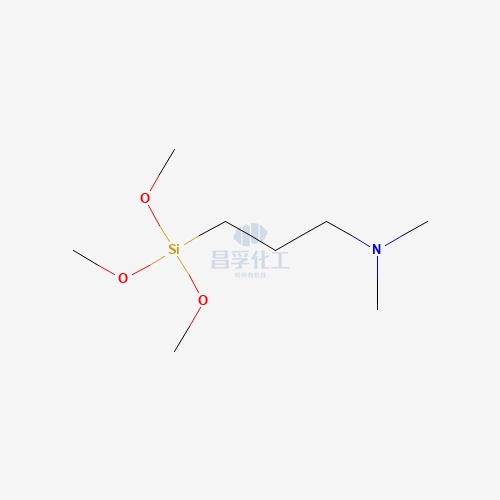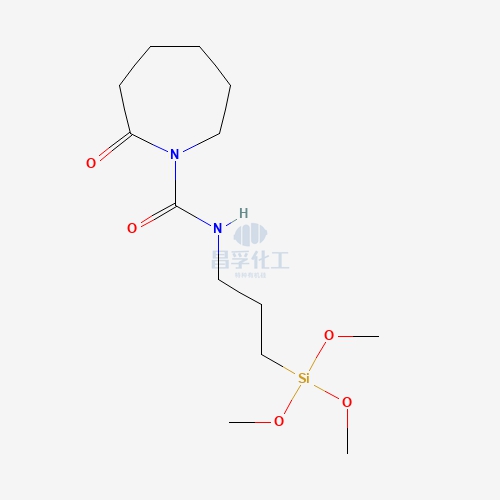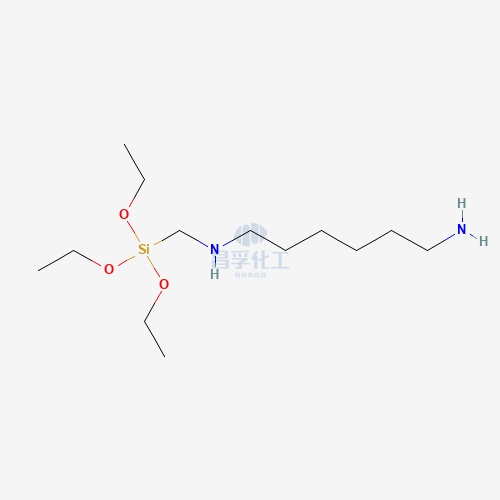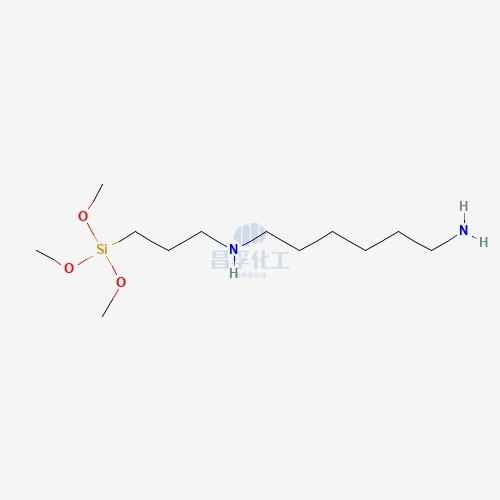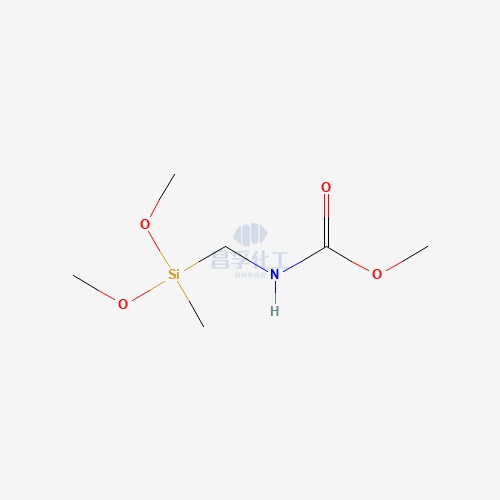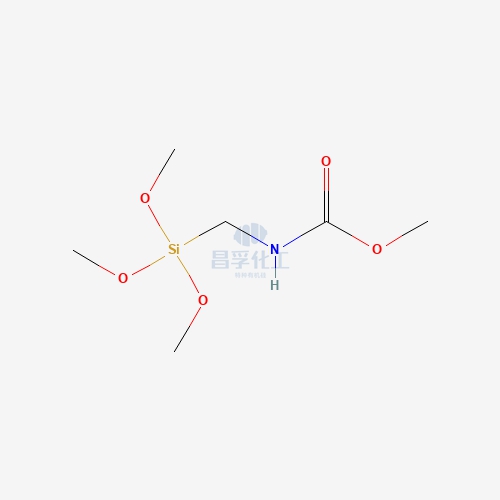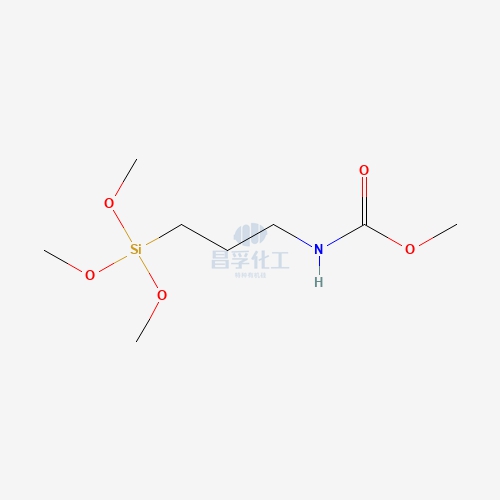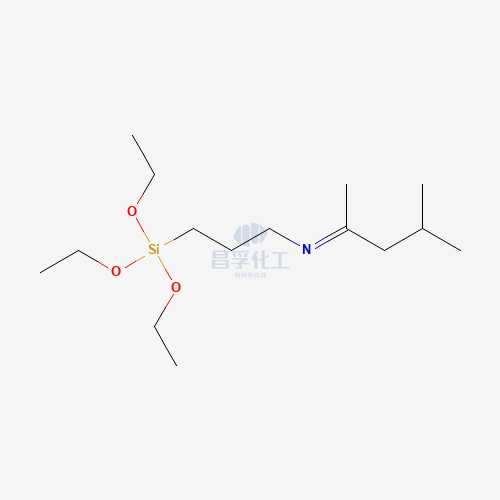
Contact Changfu Chemical Now!
+86 27 8439 6550 | +86 181 6277 0058
The Versatility of Silicone-Based Coatings: Applications and Benefits
Silicone-based coatings have emerged as one of the most versatile and effective solutions across various industries. Their unique properties make them suitable for an extensive range of applications, from industrial machinery to consumer products. This blog will delve into the characteristics, applications, and benefits of silicone-based coatings, specifically focusing on liquid silicone coating and its effectiveness in various contexts.
Understanding Silicone-Based Coatings
Silicone-based coatings are polymeric materials that incorporate silicone, a compound made up of silicon, oxygen, carbon, and hydrogen. This unique molecular structure imparts several advantageous properties, such as high flexibility, excellent temperature resistance, and superior water repellency.
Properties of Silicone-Based Coatings
1.Temperature Resistance: Silicone-based coatings can withstand extreme temperatures, often ranging from -100°F to over 500°F (-73°C to 260°C). This impressive range makes them ideal for applications in both hot and cold environments. For example, in automotive engines, these coatings prevent overheating and maintain functionality under high heat, while in refrigeration applications, they perform well in sub-zero conditions.
2.Water Repellency: These coatings exhibit excellent hydrophobic properties, which help to protect surfaces from moisture and prevent corrosion. This is particularly crucial in outdoor applications, such as roofing and concrete, where exposure to rain and humidity can lead to significant damage over time. The water-repellent nature also helps in cleaning, as dirt and grime are less likely to adhere to treated surfaces.
3.Chemical Resistance: Silicone coatings are resistant to various chemicals, including acids, alkalis, and solvents. This makes them suitable for use in environments exposed to harsh substances, such as manufacturing plants and laboratories. For instance, silicone-based coatings protect equipment and machinery from chemical spills, enhancing their longevity and performance.
4.UV Stability: Many silicone-based coatings possess inherent UV stability, ensuring that they maintain their properties and appearance even when exposed to sunlight for prolonged periods. This quality is especially beneficial in outdoor applications, where UV degradation can lead to fading and deterioration of other materials.
5.Flexibility and Durability: The flexibility of silicone coatings allows them to expand and contract without cracking, ensuring long-lasting protection for surfaces. This resilience is particularly important in applications where materials may experience stress or movement, such as in building materials that must withstand thermal expansion and contraction.
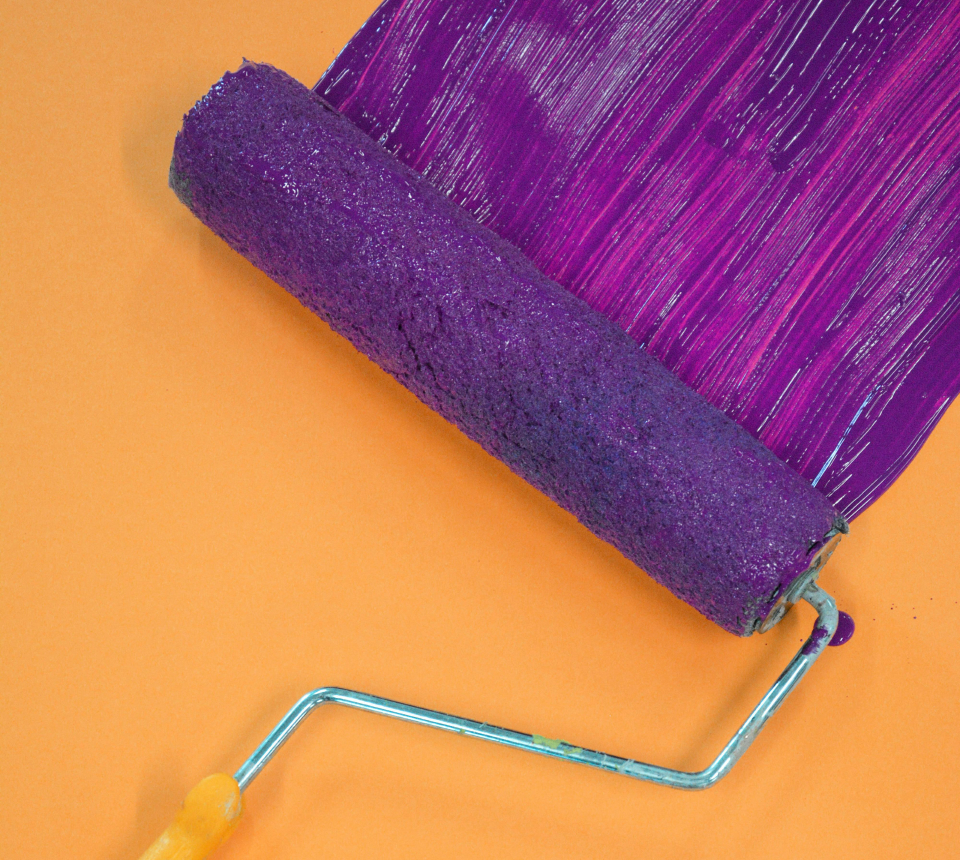
Applications of Silicone-Based Coatings
Silicone-based coatings have found applications in a wide range of industries due to their unique properties. Here are some prominent sectors where they are utilized:
1. Automotive Industry
In the automotive sector, silicone-based coatings are used for various applications, including:
- Engine Components: Silicone coatings protect engine parts from high temperatures and reduce friction, enhancing performance and longevity. They are often applied to gaskets and seals to prevent leaks and ensure optimal engine efficiency.
- Weather Stripping: These coatings help to seal gaps and joints, preventing water leaks and reducing noise inside vehicles. This not only enhances the comfort of passengers but also protects the interior from water damage.
- Exterior Protection: Silicone coatings can be applied to the vehicle's exterior to provide a protective barrier against environmental factors such as UV rays, dirt, and moisture. This helps maintain the vehicle's appearance and resale value.
2. Construction and Building Materials
Silicone-based coatings are extensively used in construction for:
- Roofing: Liquid silicone coatings provide a waterproof barrier for roofs, enhancing their lifespan and reducing maintenance costs. These coatings are ideal for flat and low-slope roofs, where water accumulation can lead to leaks and damage.
- Concrete Protection: They seal and protect concrete surfaces from moisture and chemicals, preventing damage and deterioration. This is particularly important in parking garages, sidewalks, and industrial floors, where exposure to harsh conditions can accelerate wear.
- Insulation: Silicone coatings can be used as insulation for buildings, providing an energy-efficient solution that helps regulate indoor temperatures and reduce heating and cooling costs.
3. Consumer Products
Many everyday consumer products benefit from silicone-based coatings, including:
- Cookware: Non-stick silicone coatings on bakeware and cookware make cleaning easy and enhance cooking performance. These coatings allow food to cook evenly while preventing sticking, making them a favorite among home cooks.
- Electronic Devices: Silicone coatings are applied to electronic components to protect against moisture and heat, ensuring reliability and durability. This is critical in devices such as smartphones and tablets, where exposure to elements can lead to malfunction.
- Sports Equipment: Silicone coatings are used in various sports equipment, providing grip, durability, and resistance to weather conditions. For example, silicone-treated surfboards enhance performance while resisting water damage.
4. Textiles and Fabrics
In the textile industry, silicone-based coatings are used to enhance the properties of fabrics by:
- Waterproofing: Silicone coatings provide a water-repellent barrier on outdoor gear and clothing, keeping users dry in wet conditions. This feature is essential for products like jackets, tents, and footwear designed for outdoor activities.
- Softening: They can also improve the softness and flexibility of fabrics, enhancing comfort without compromising durability. This is particularly valuable in clothing and upholstery, where comfort is a top priority.
- Stain Resistance: Silicone coatings can make fabrics resistant to stains, making them easier to clean and maintain. This is beneficial for upholstery and tablecloths used in homes and restaurants.
5. Industrial Applications
In industrial settings, silicone-based coatings are utilized for:
- Machinery Protection: Coatings protect machinery and equipment from wear and corrosion, reducing maintenance costs and downtime. This is vital in manufacturing environments, where equipment failure can lead to significant production losses.
- Insulation: Liquid silicone coatings can be used as thermal insulation for pipes and equipment, improving energy efficiency. This is especially important in industries where temperature control is critical, such as food processing and pharmaceuticals.
- Safety Applications: Silicone coatings can enhance safety in industrial environments by providing slip-resistant surfaces, reducing the risk of accidents and injuries.
Benefits of Silicone-Based Coatings
The advantages of silicone-based coatings are numerous, making them an attractive choice for many applications:
1. Enhanced Durability
Silicone coatings provide long-lasting protection against environmental factors, reducing the need for frequent reapplication. This durability translates into lower maintenance costs over time. For instance, a silicone-coated roof can last for decades without needing replacement, significantly lowering lifetime costs for building owners. The combination of liquid silicone molding and liquid silicone coating allows for the production of high-quality silicone products that are both functional and visually appealing, catering to the demands of modern consumers.
2. Versatile Application Methods
Liquid silicone coatings can be applied using various methods, including spraying, brushing, or dipping. This versatility allows for easy application across different surfaces and shapes. Whether coating large machinery or intricate consumer products, liquid silicone can be tailored to suit the specific needs of the project.
3. Non-Toxic and Environmentally Friendly
Many silicone-based coatings are non-toxic and environmentally friendly, making them suitable for use in applications where safety is a concern, such as food preparation and children's products. This characteristic aligns with the increasing consumer demand for sustainable and safe products.
4. Improved Aesthetics
Silicone coatings can enhance the appearance of surfaces, providing a glossy finish that is visually appealing. This quality is particularly beneficial in consumer products and architecture, where aesthetics play a crucial role in consumer choice. For example, a silicone-coated surface can maintain its color and luster over time, contributing to a more attractive appearance.
5. Cost-Effectiveness
While the initial investment in silicone-based coatings may be higher than traditional options, their long-term performance and reduced maintenance costs often make them more cost-effective in the long run. Businesses that invest in silicone coatings for machinery, for example, may see significant savings in maintenance and downtime, ultimately leading to increased profitability.
![]()
Conclusion
The versatility of silicone-based coatings, particularly liquid silicone coatings, makes them an indispensable solution across numerous industries. Their unique properties, such as temperature resistance, water repellency, and durability, provide substantial benefits in applications ranging from automotive to consumer products.
As industries continue to seek innovative solutions to enhance performance and reduce maintenance costs, silicone-based coatings are poised to play a crucial role. Their environmental friendliness and non-toxic nature further solidify their position as a preferred choice for manufacturers and consumers alike.
Investing in silicone-based coatings is not just a trend; it's a forward-thinking approach that can lead to enhanced product performance, longevity, and overall satisfaction. Whether you are involved in manufacturing, construction, or any industry that requires reliable protective coatings, silicone-based solutions are worth considering for their myriad applications and benefits.
In summary, silicone-based coatings are not only versatile but also adaptable to a wide range of needs and challenges, making them an essential component in the future of materials science and engineering. As technology continues to evolve, the applications and benefits of these coatings are likely to expand even further, unlocking new possibilities for innovation and efficiency.
Popular Silicon Compounds
Popular Silicon Compounds
Related News & Blog
Related News & Blog


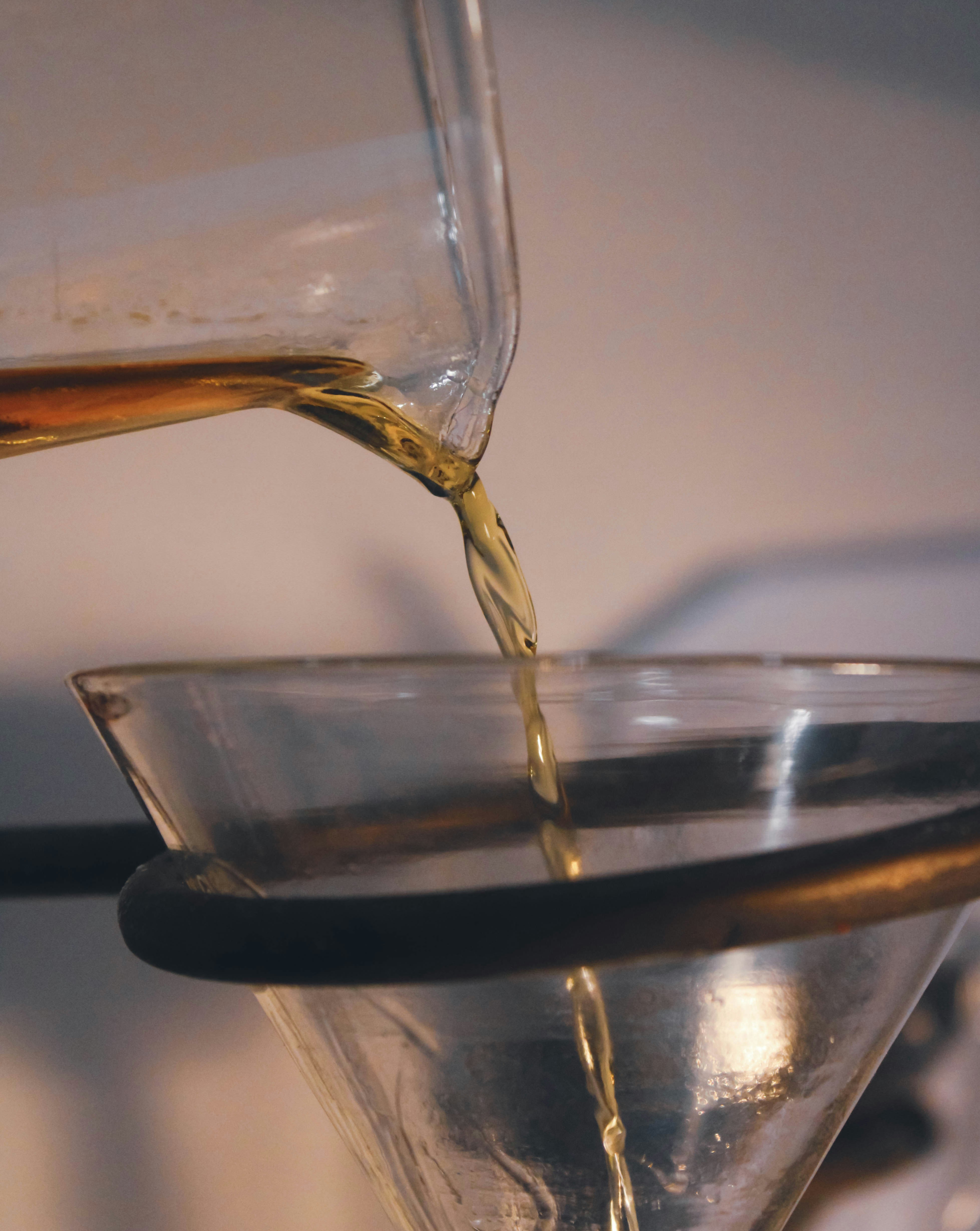

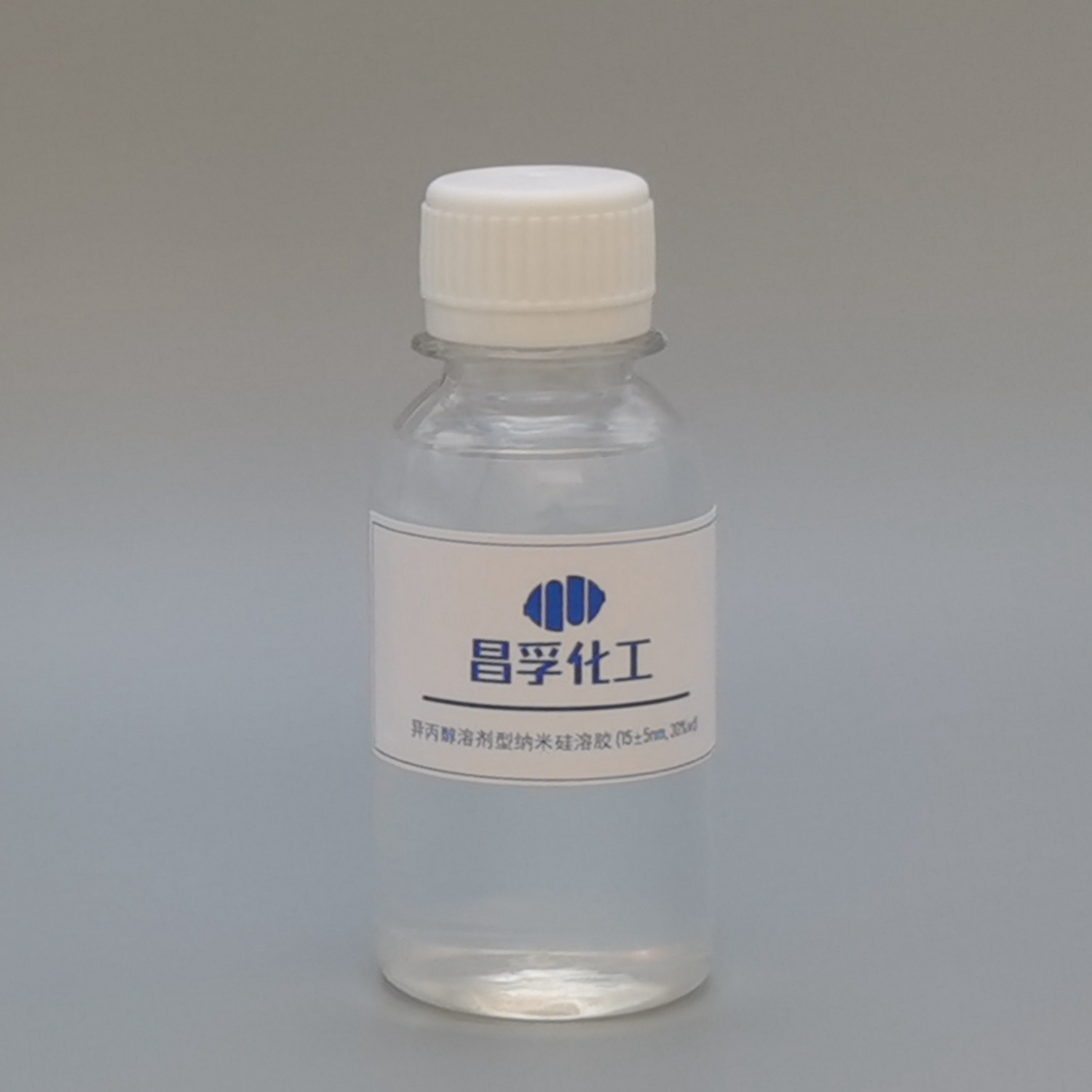
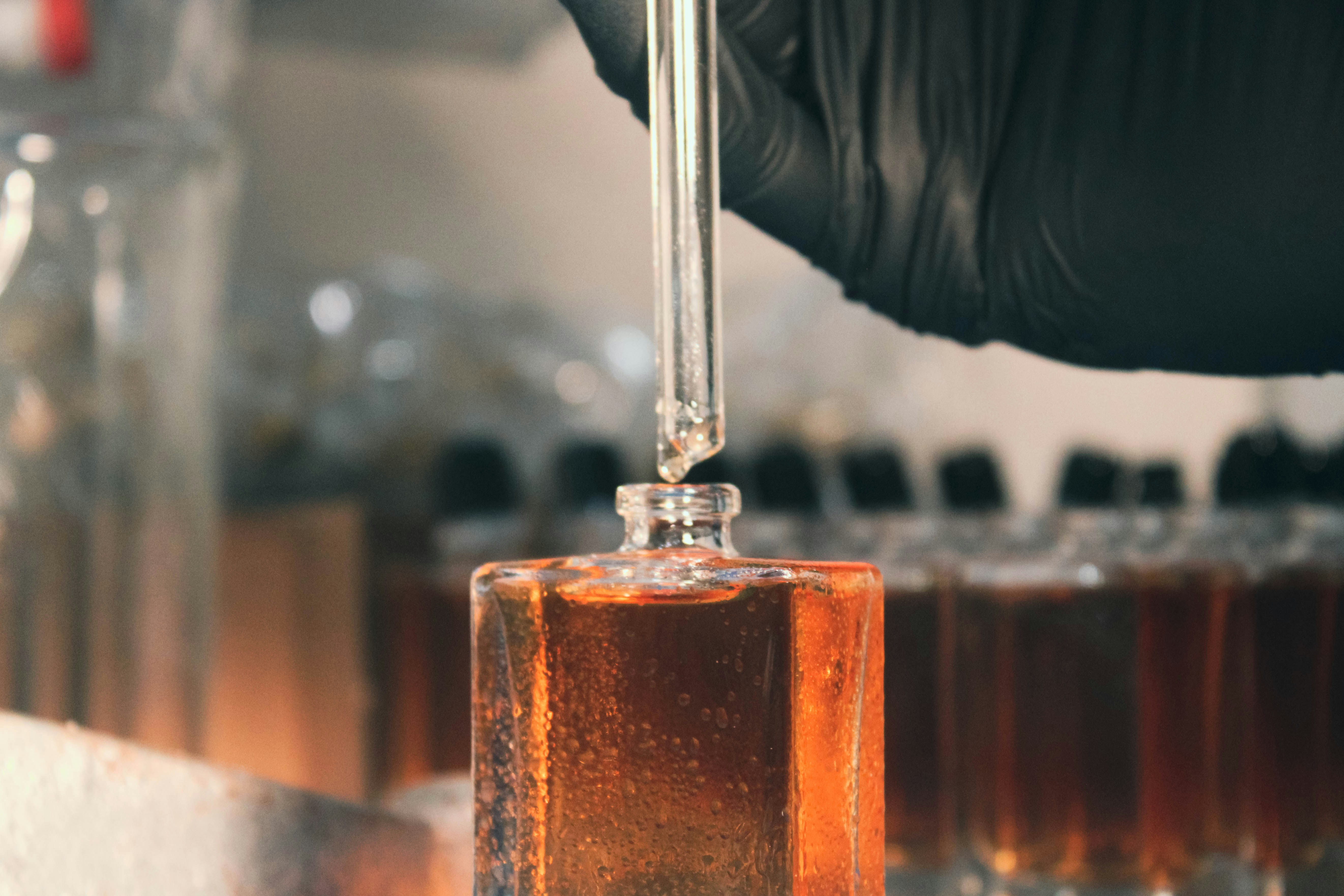
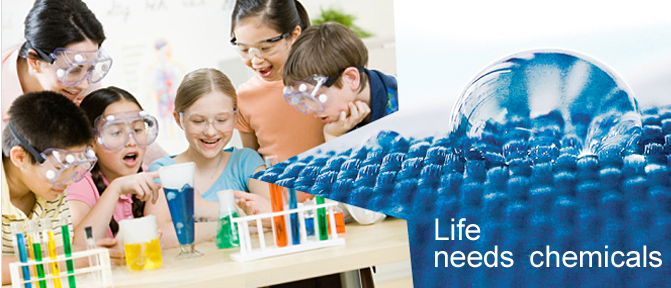
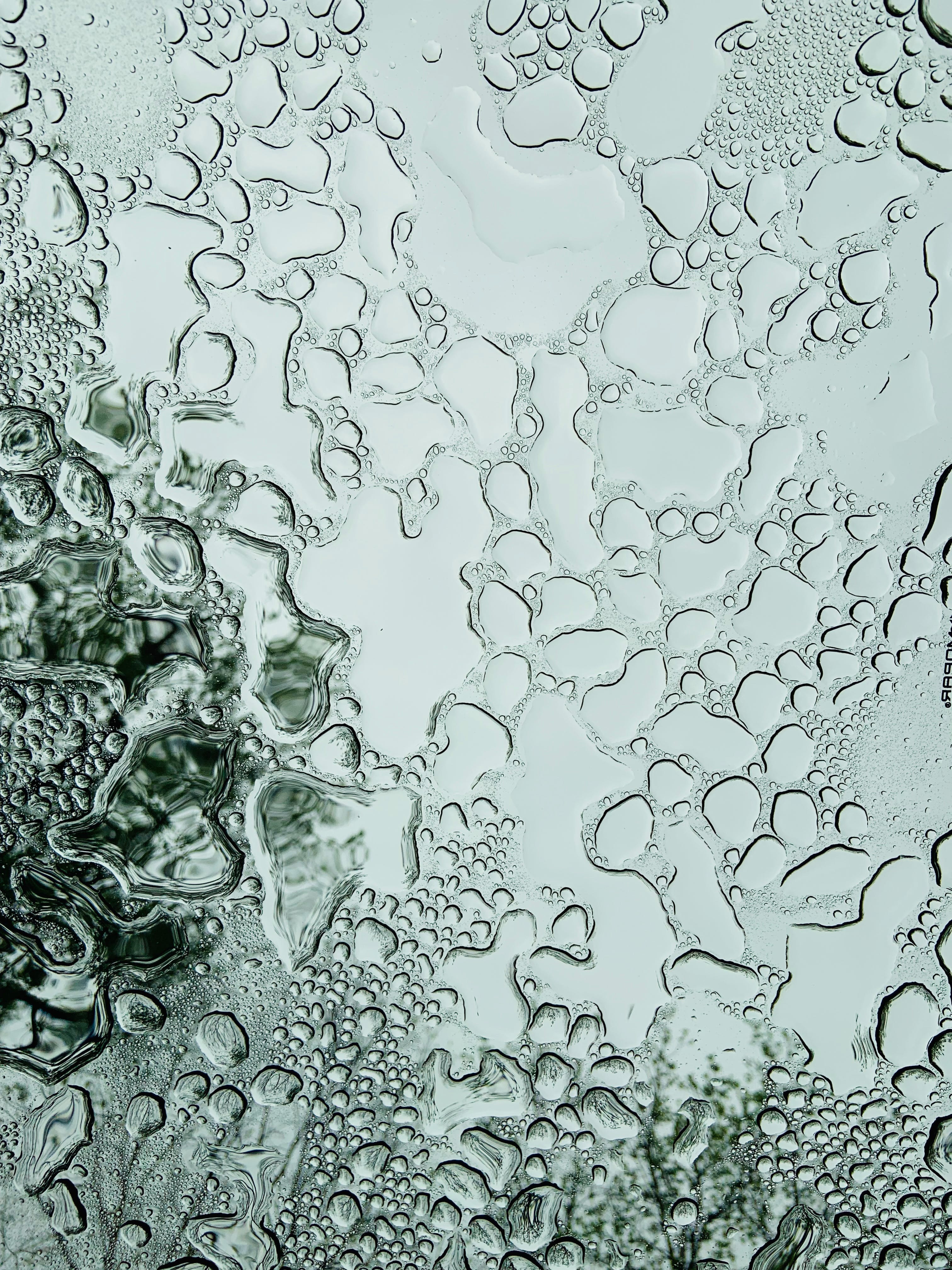


















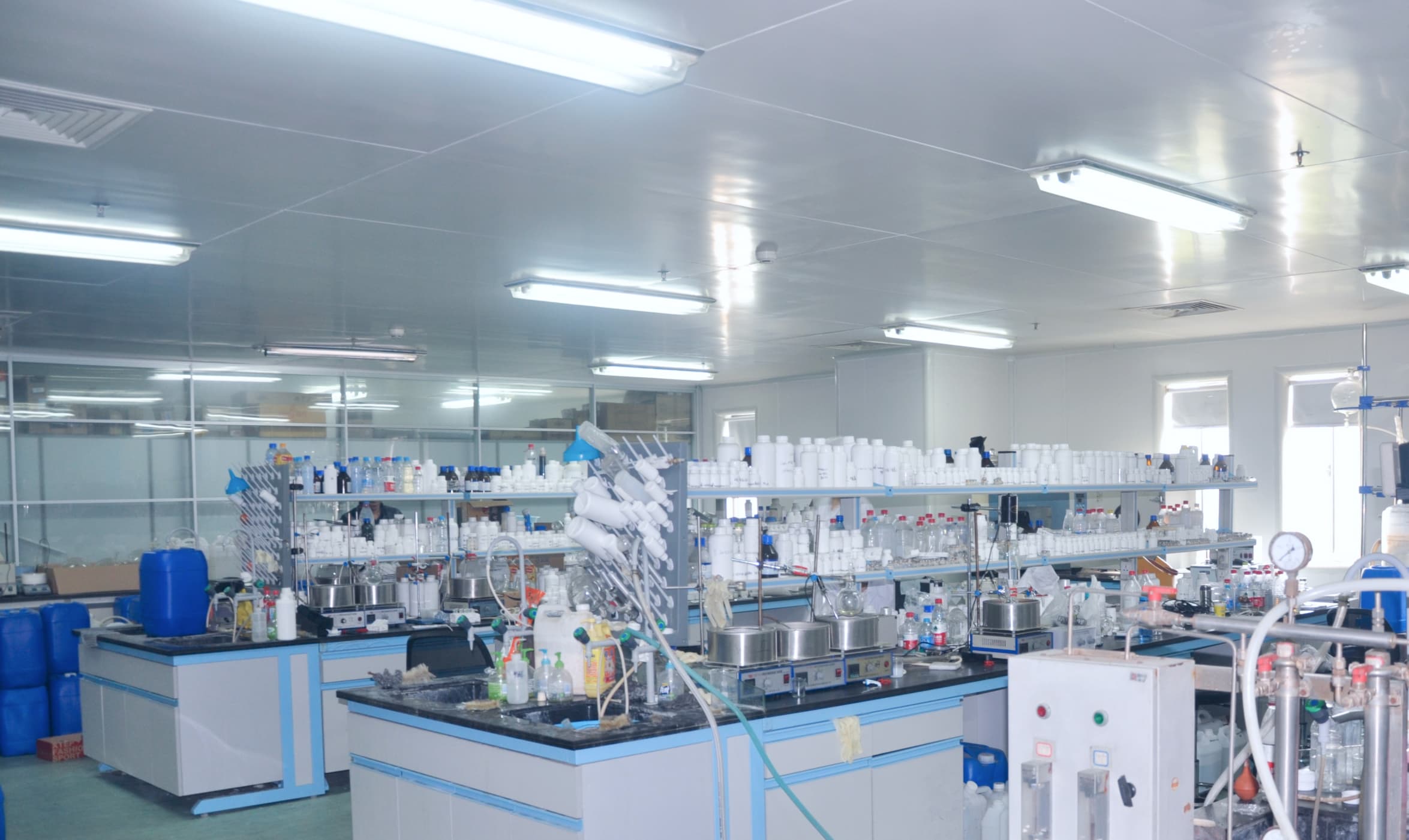


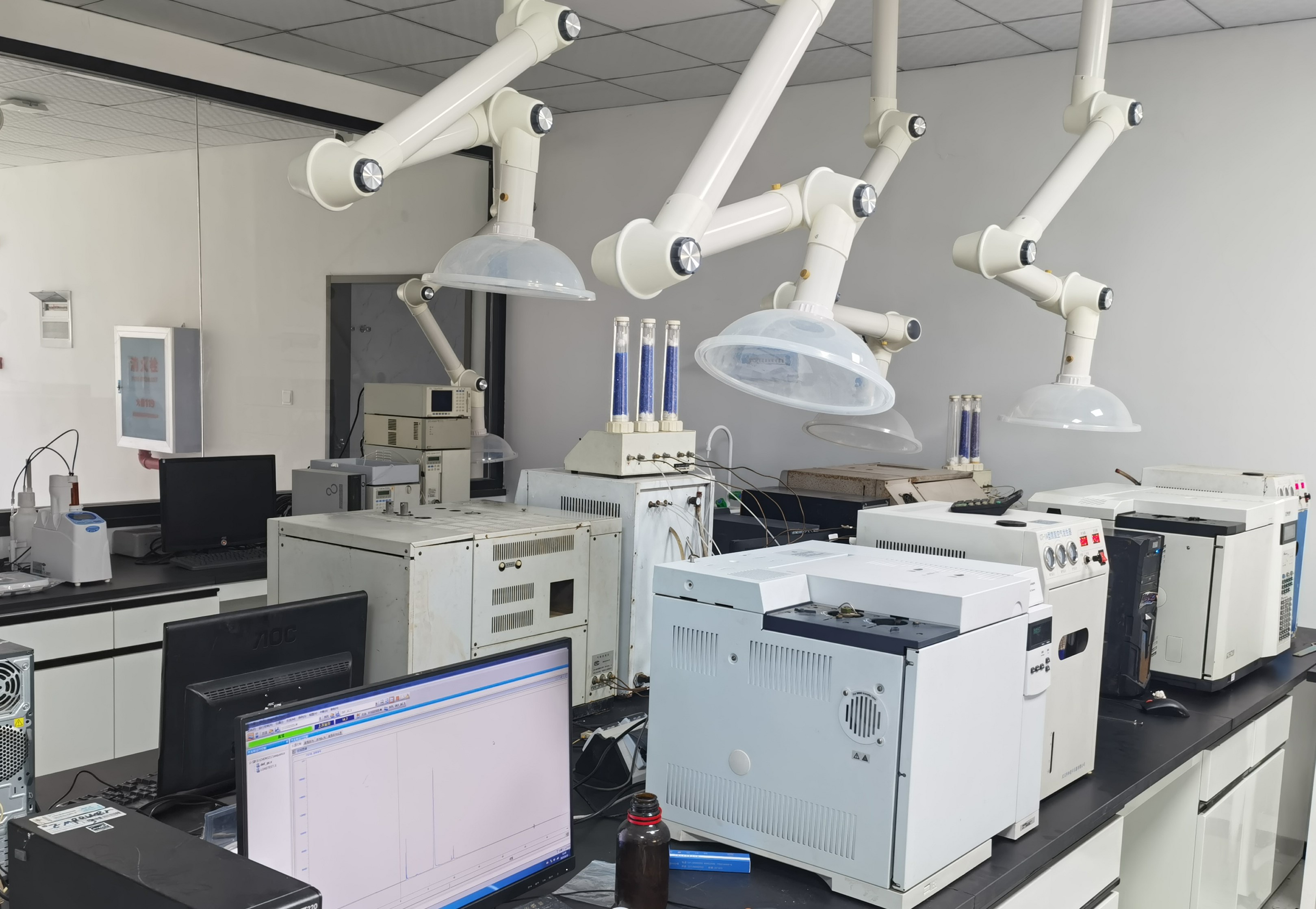
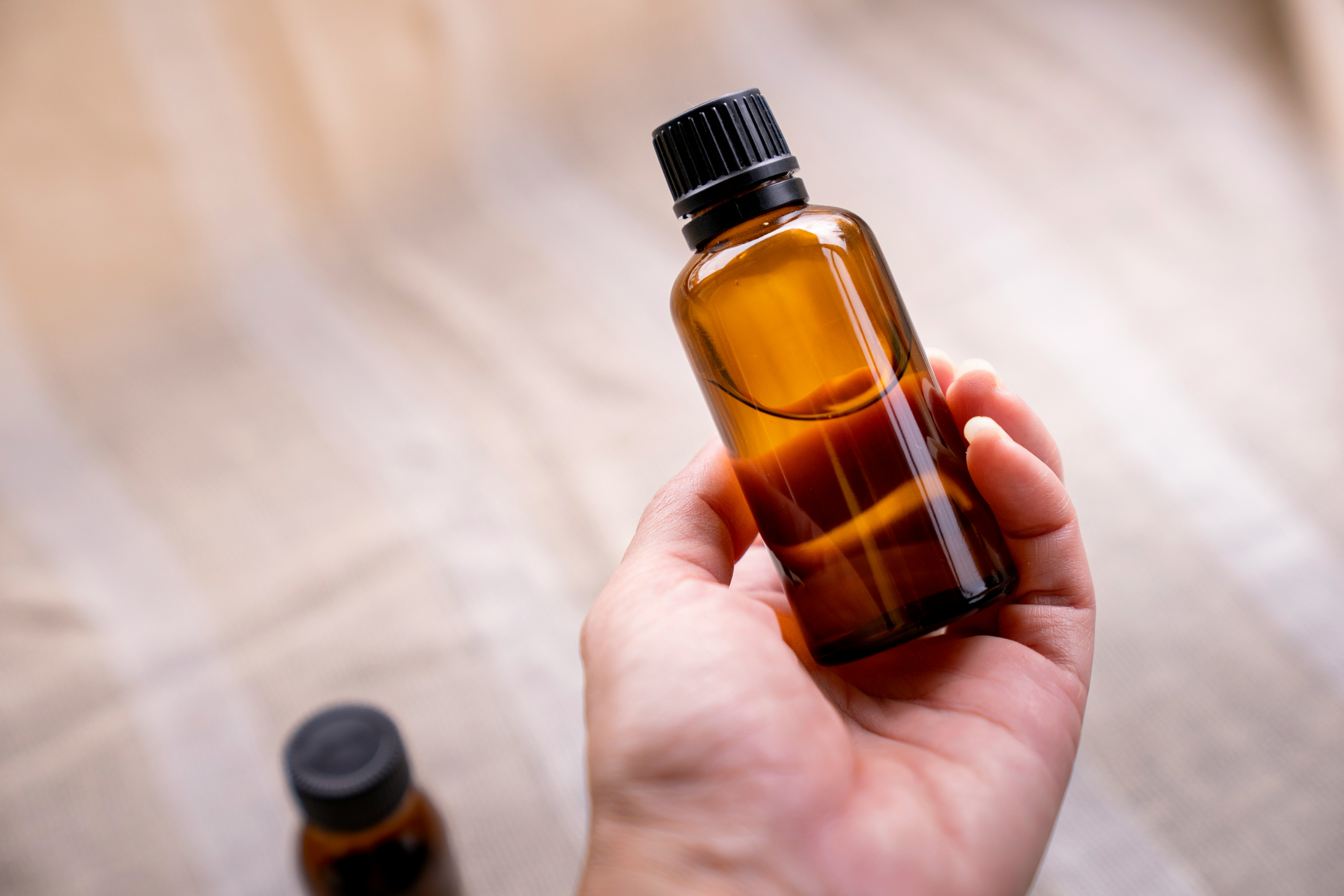


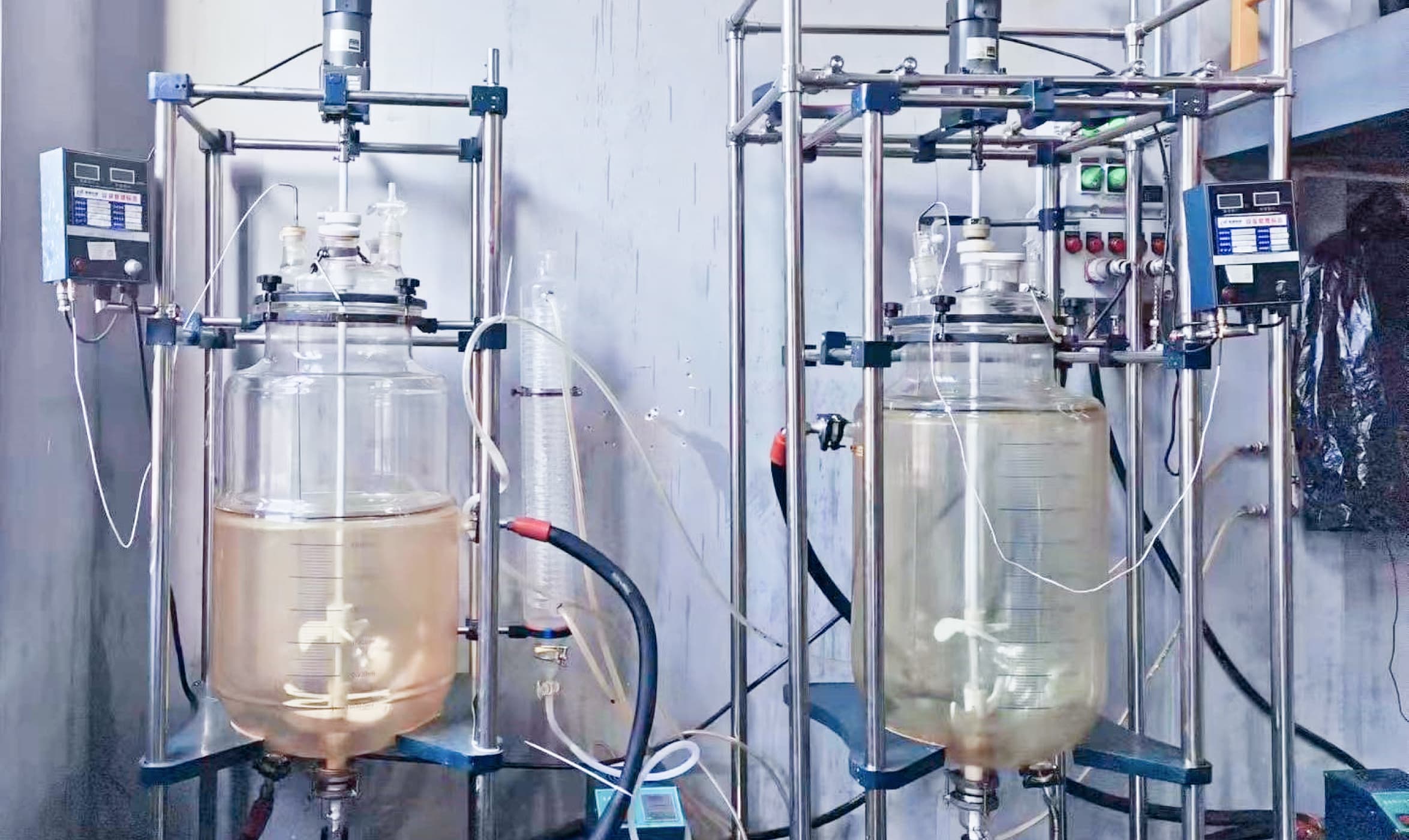
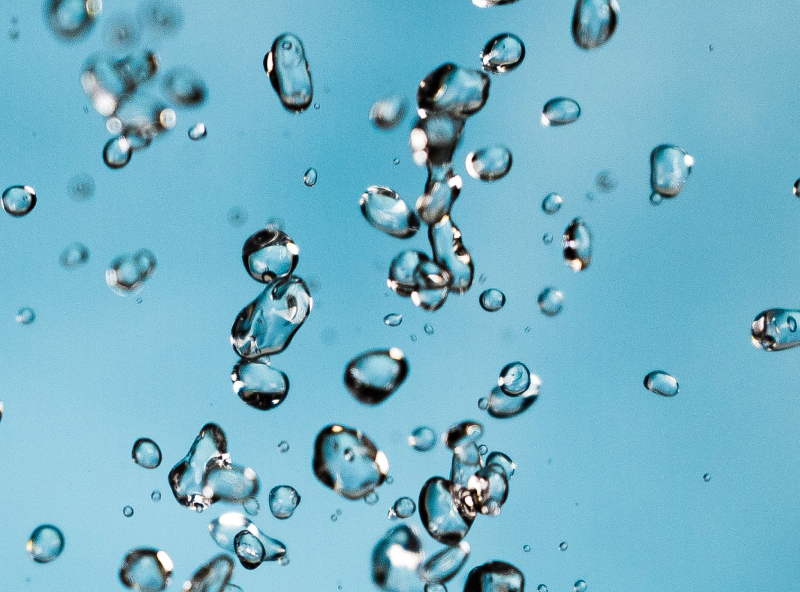


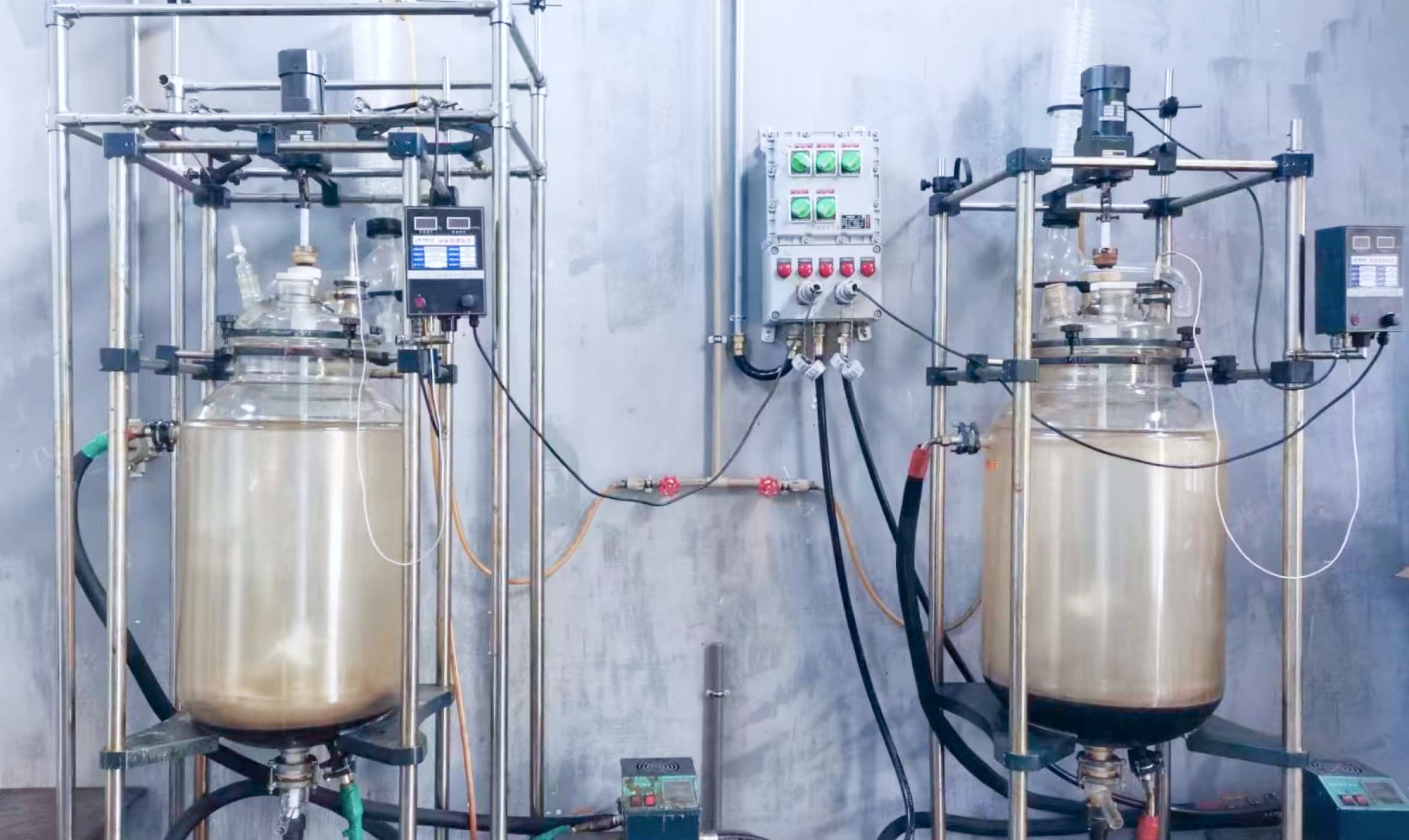
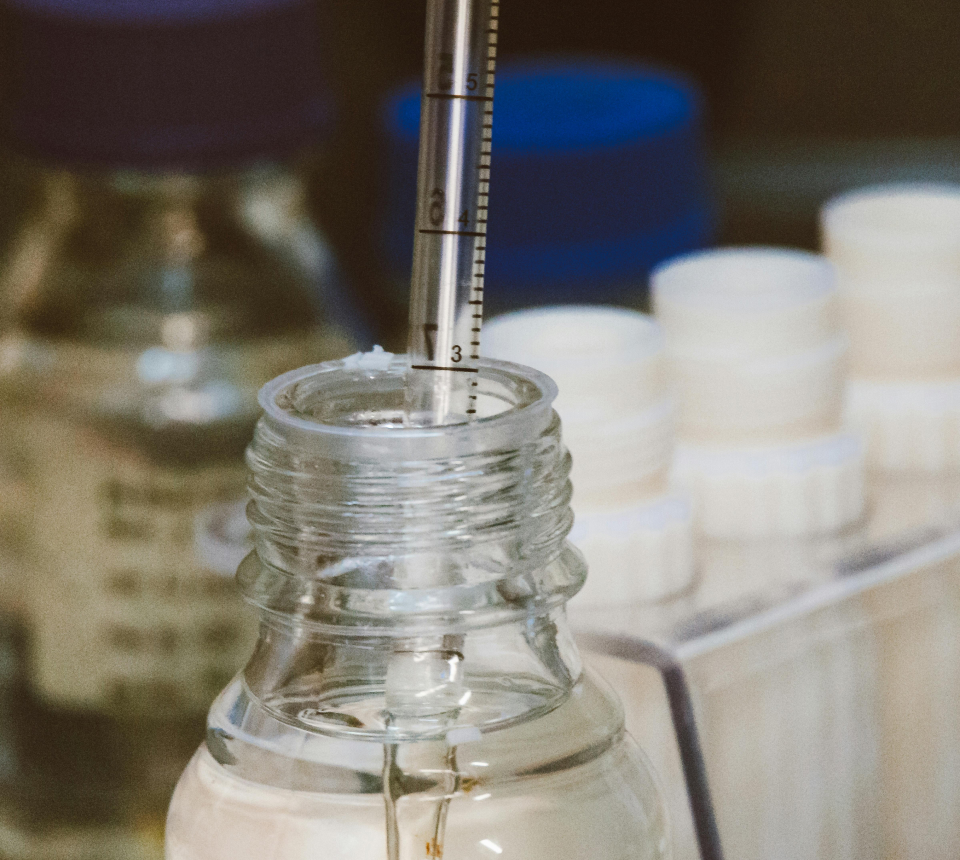




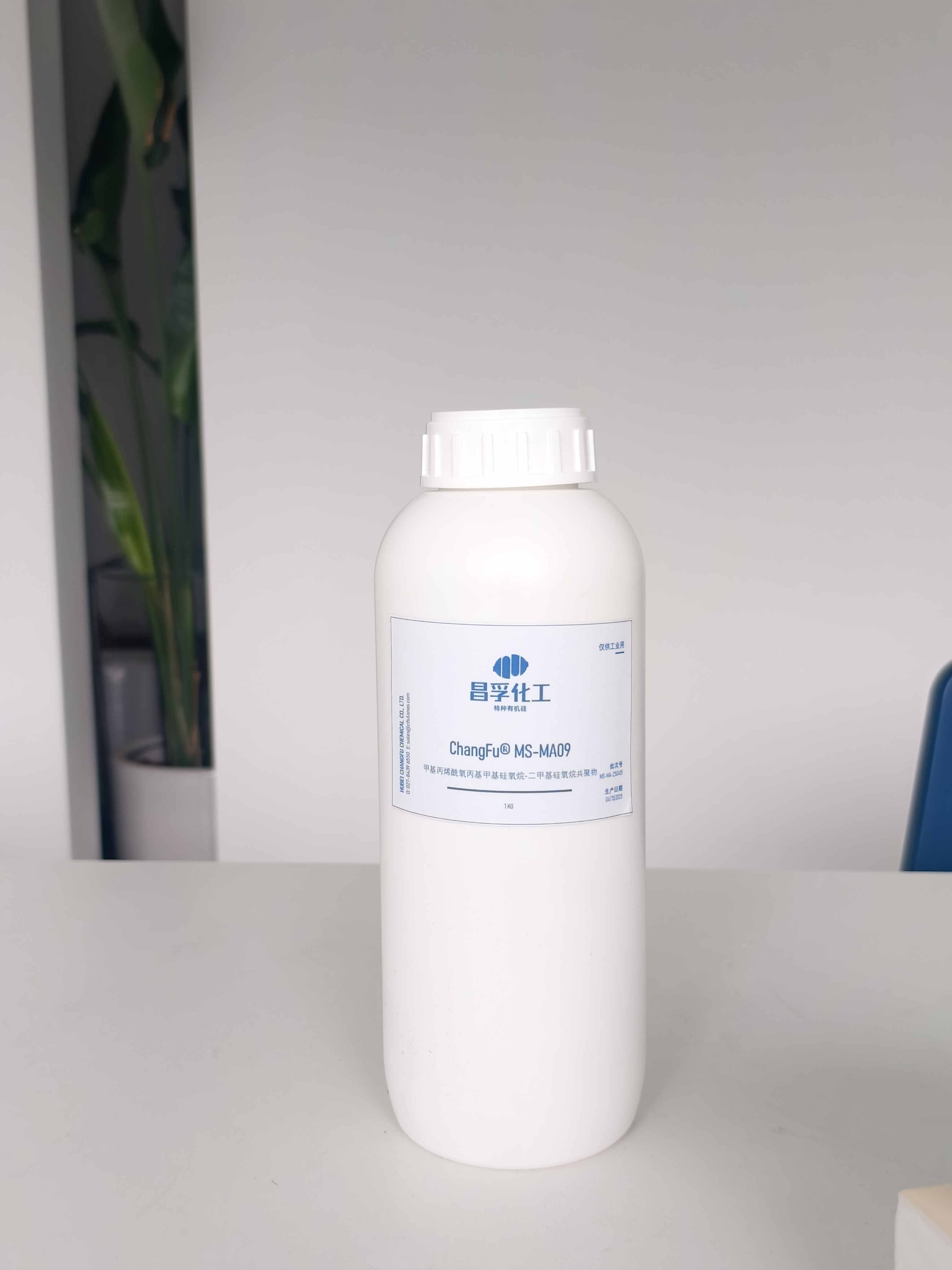



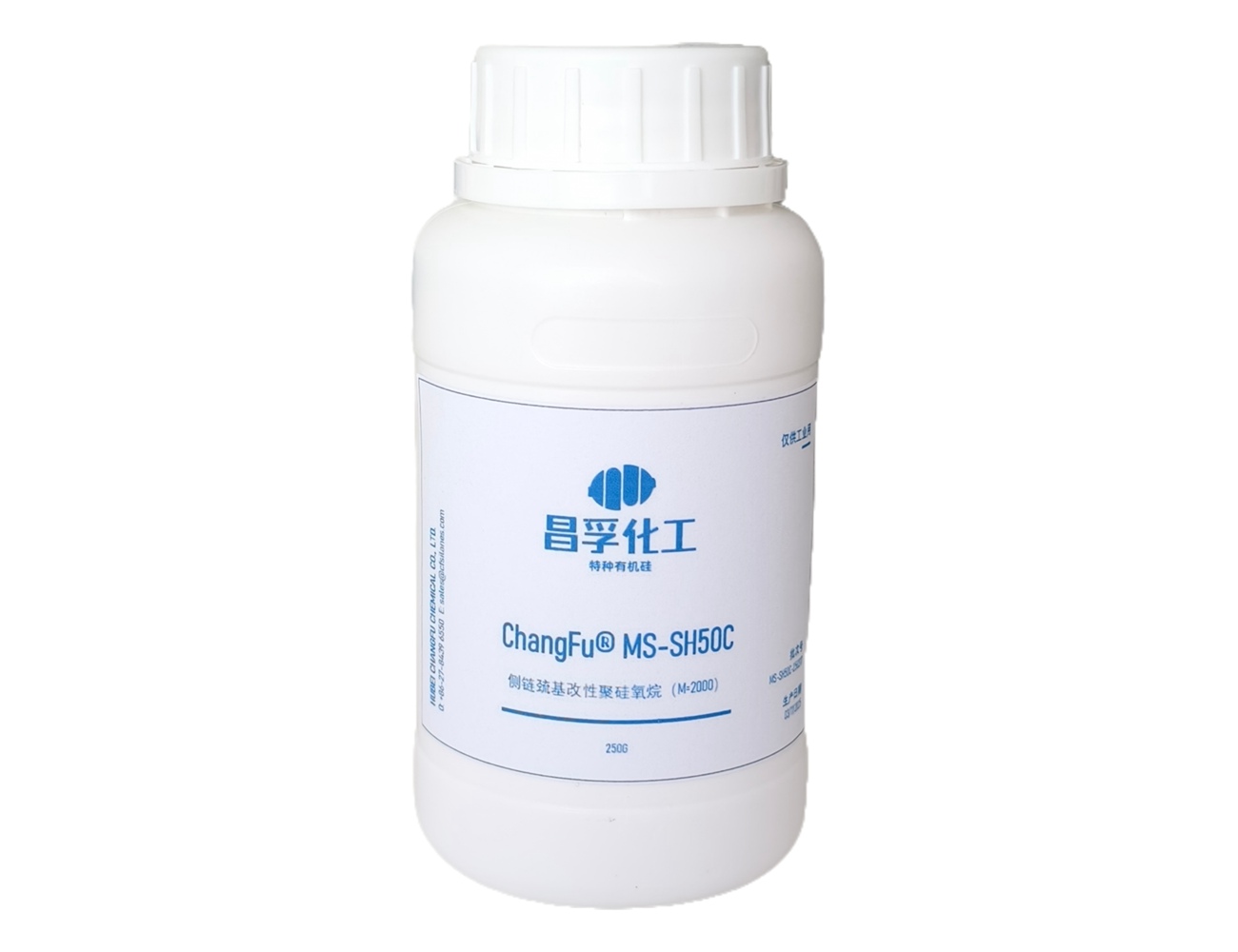



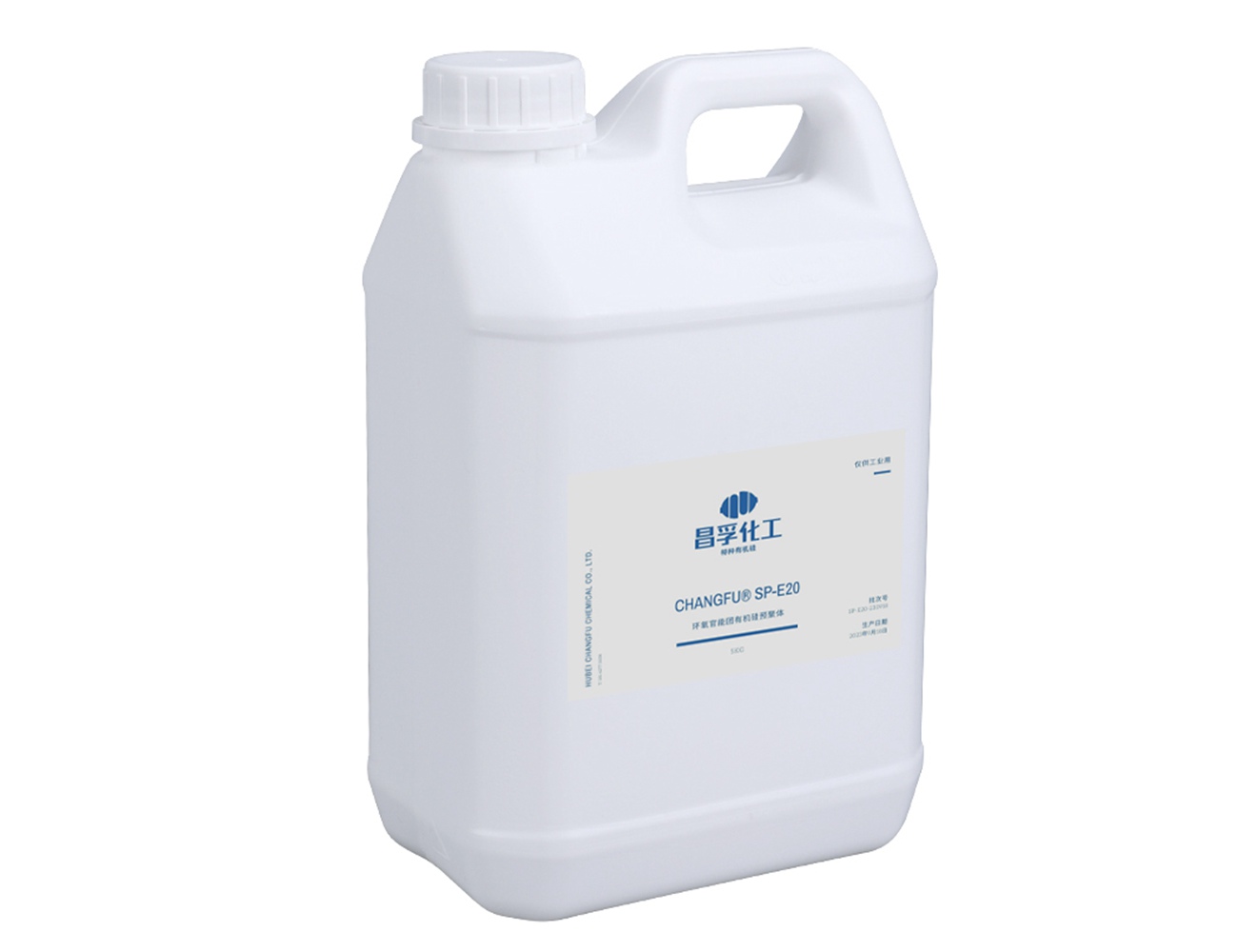
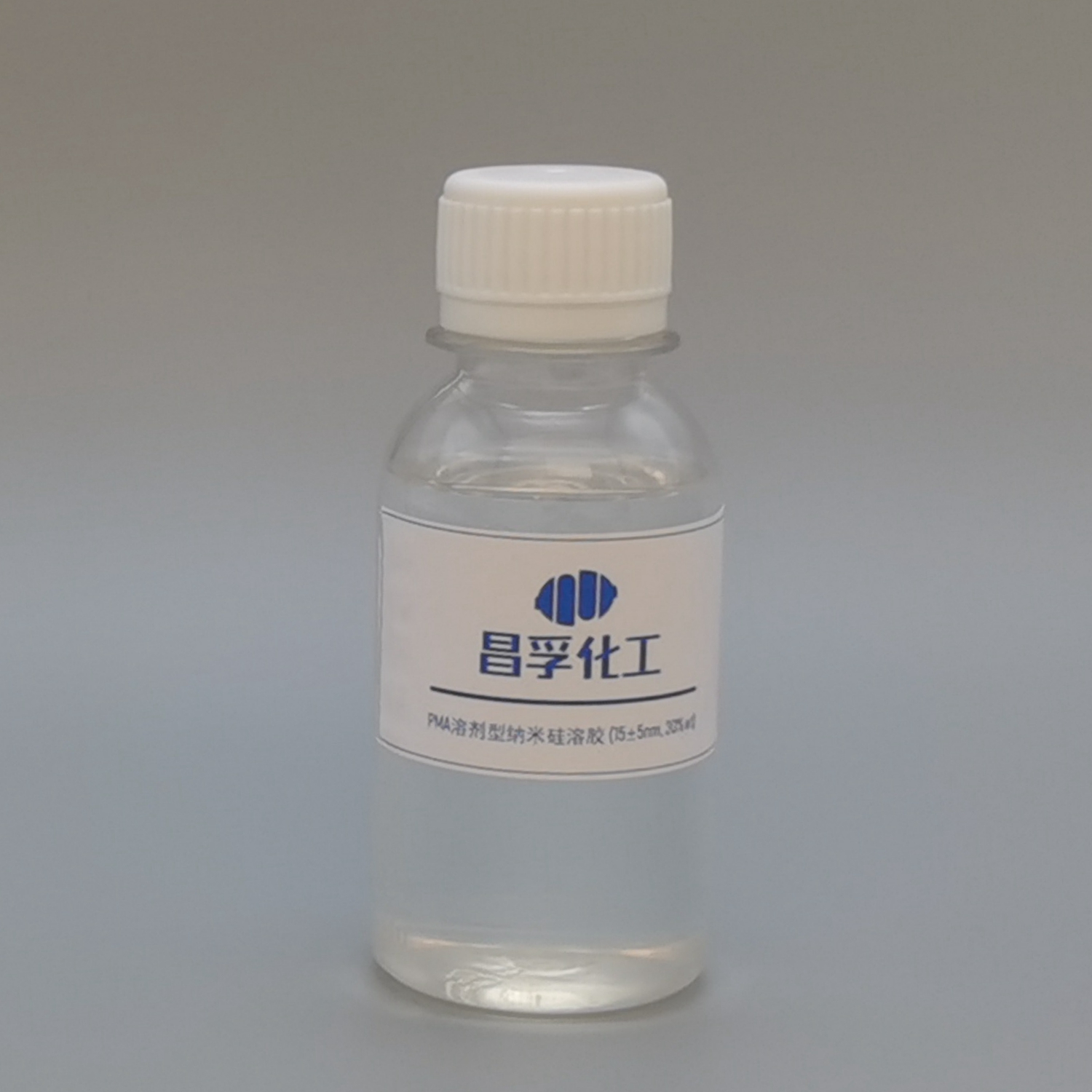
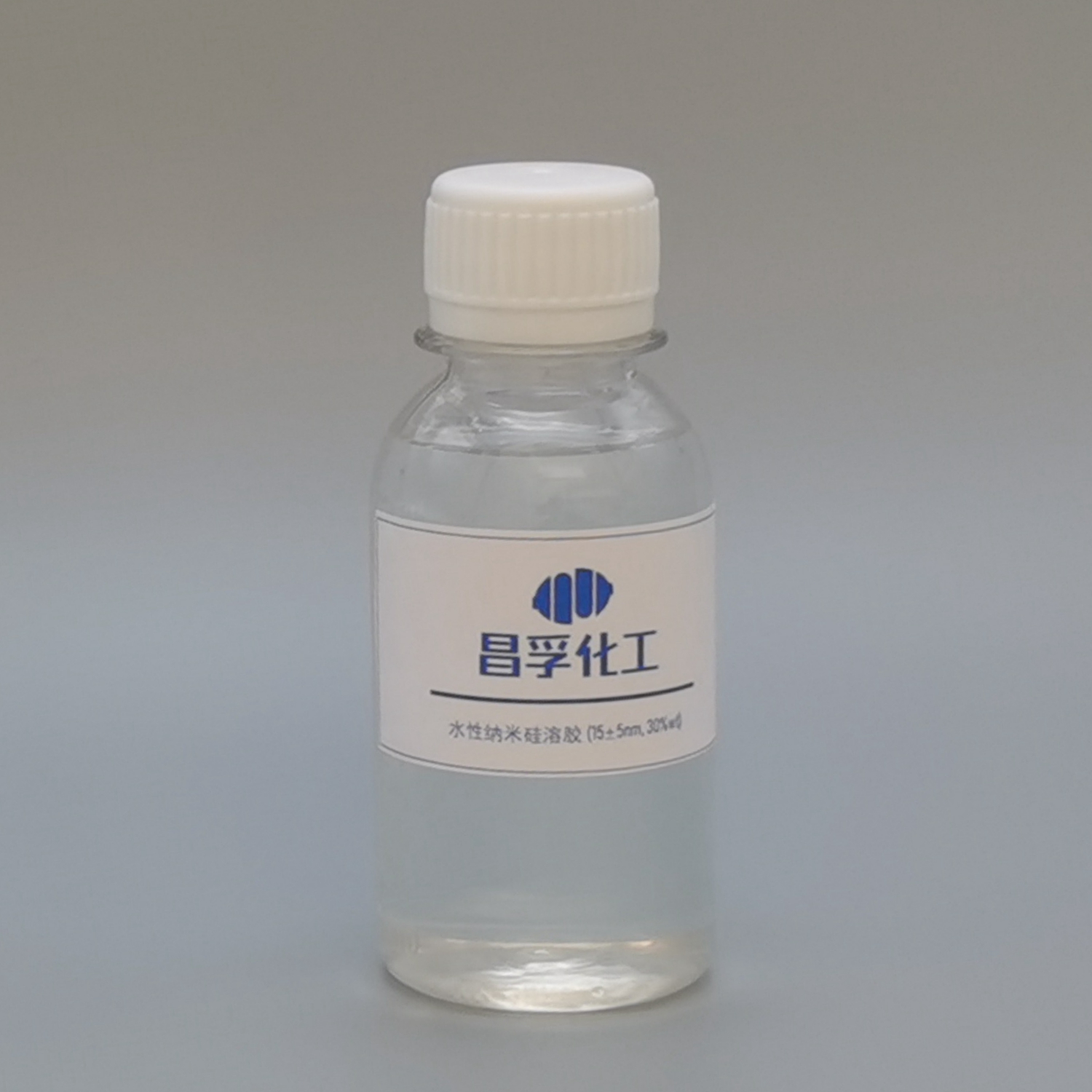

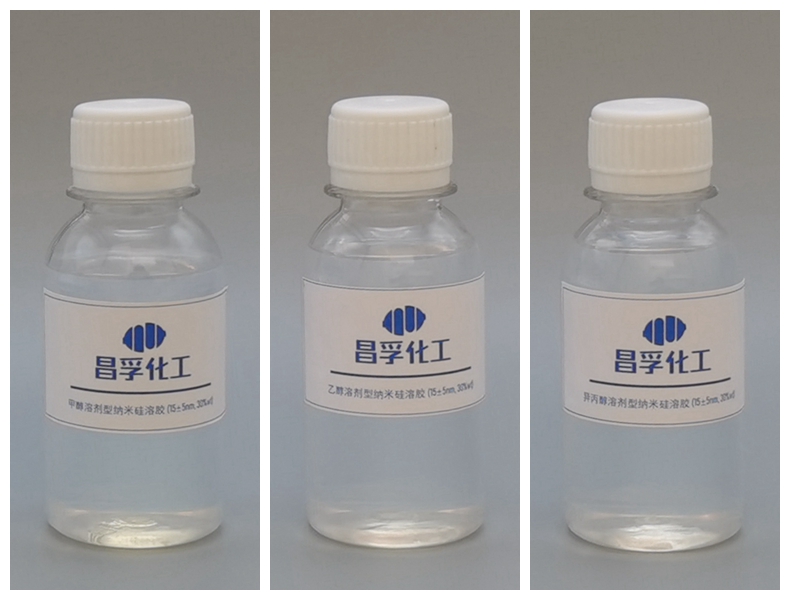
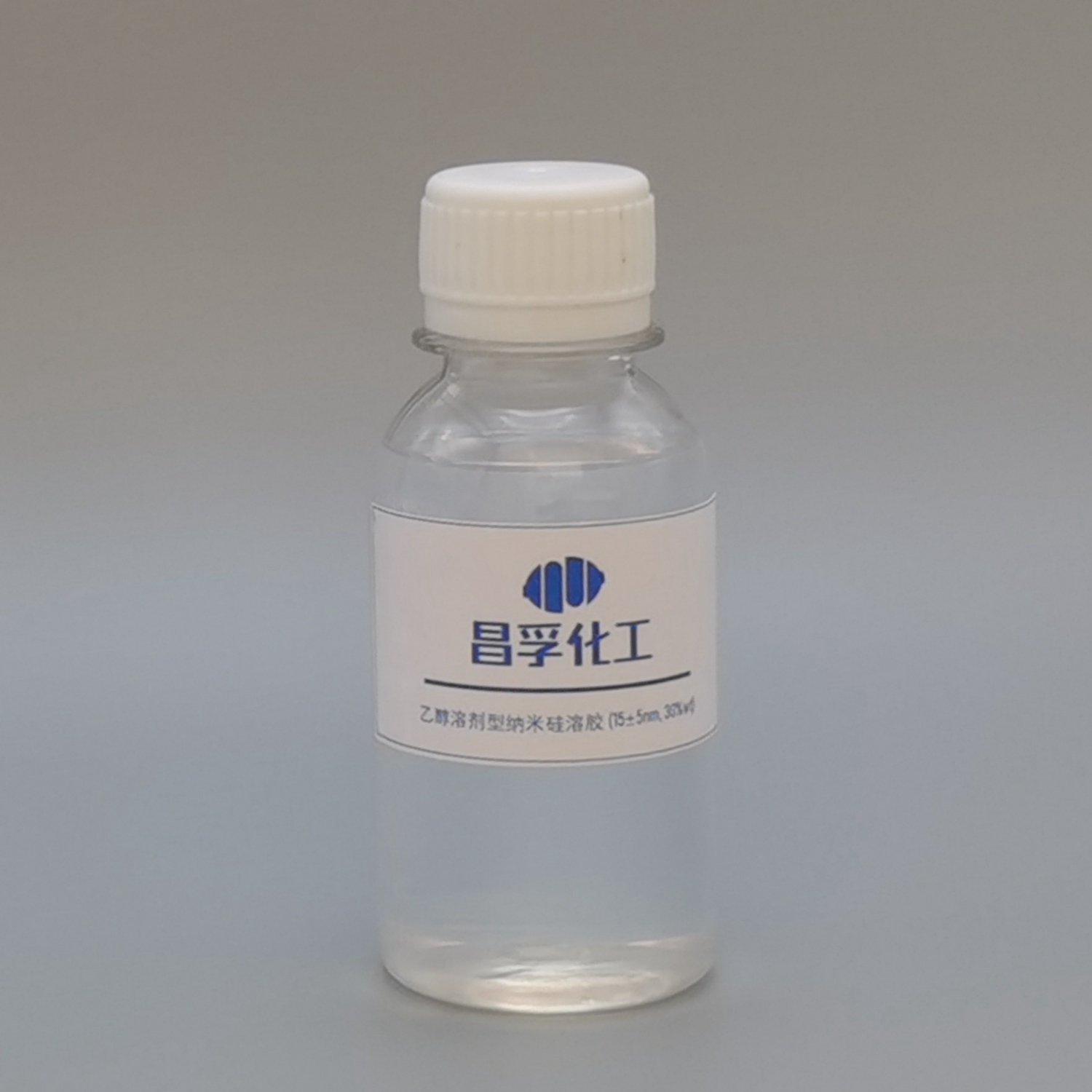
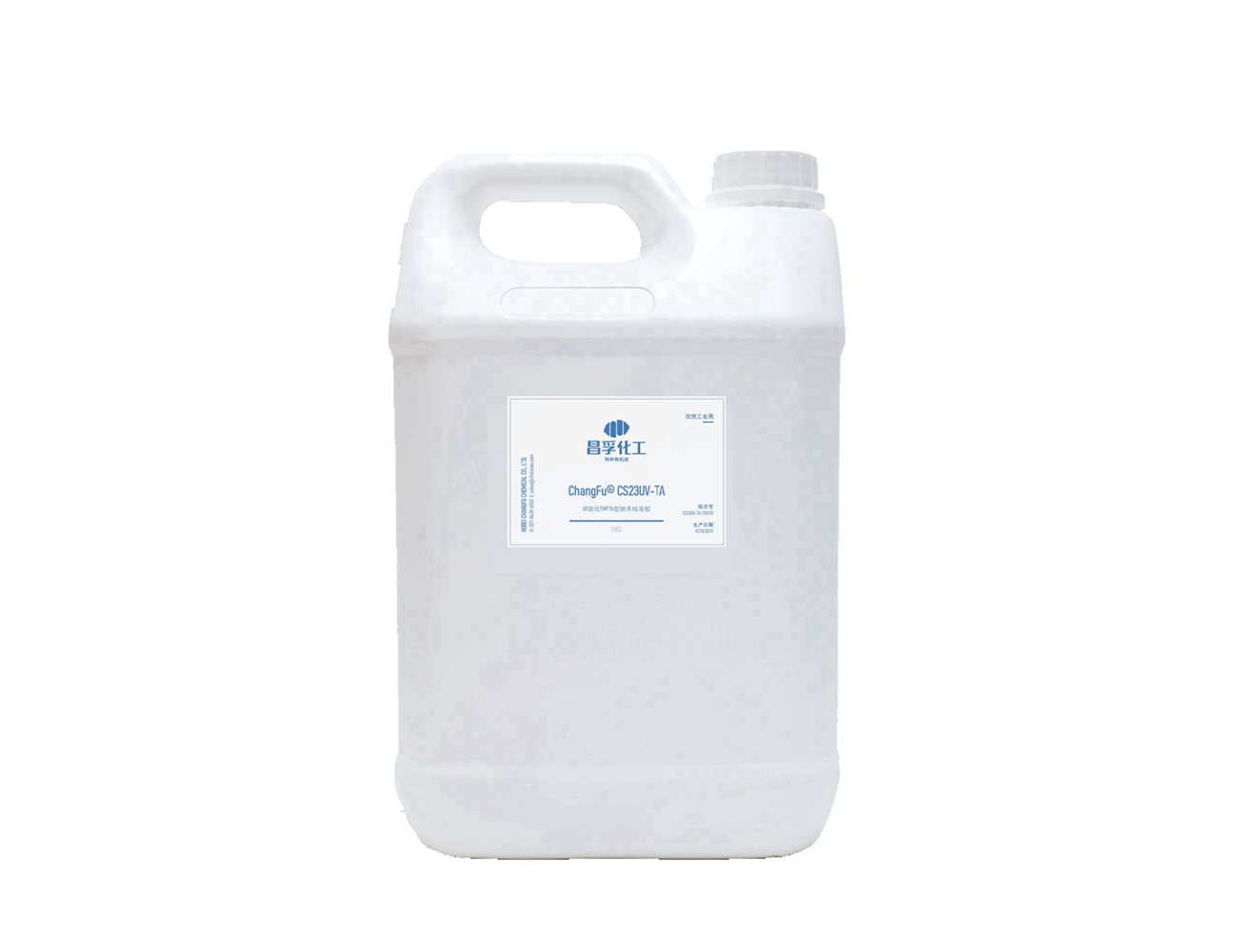
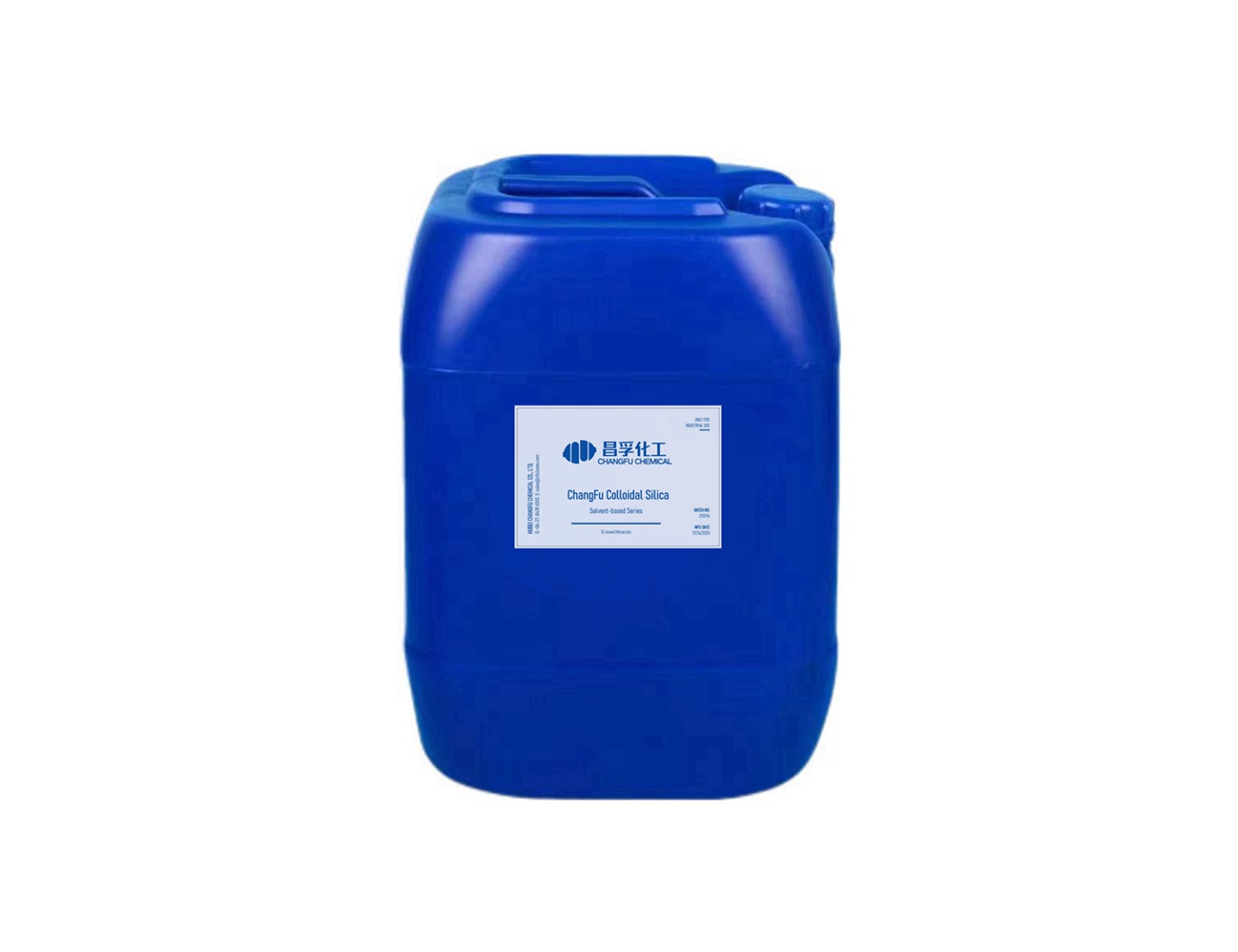


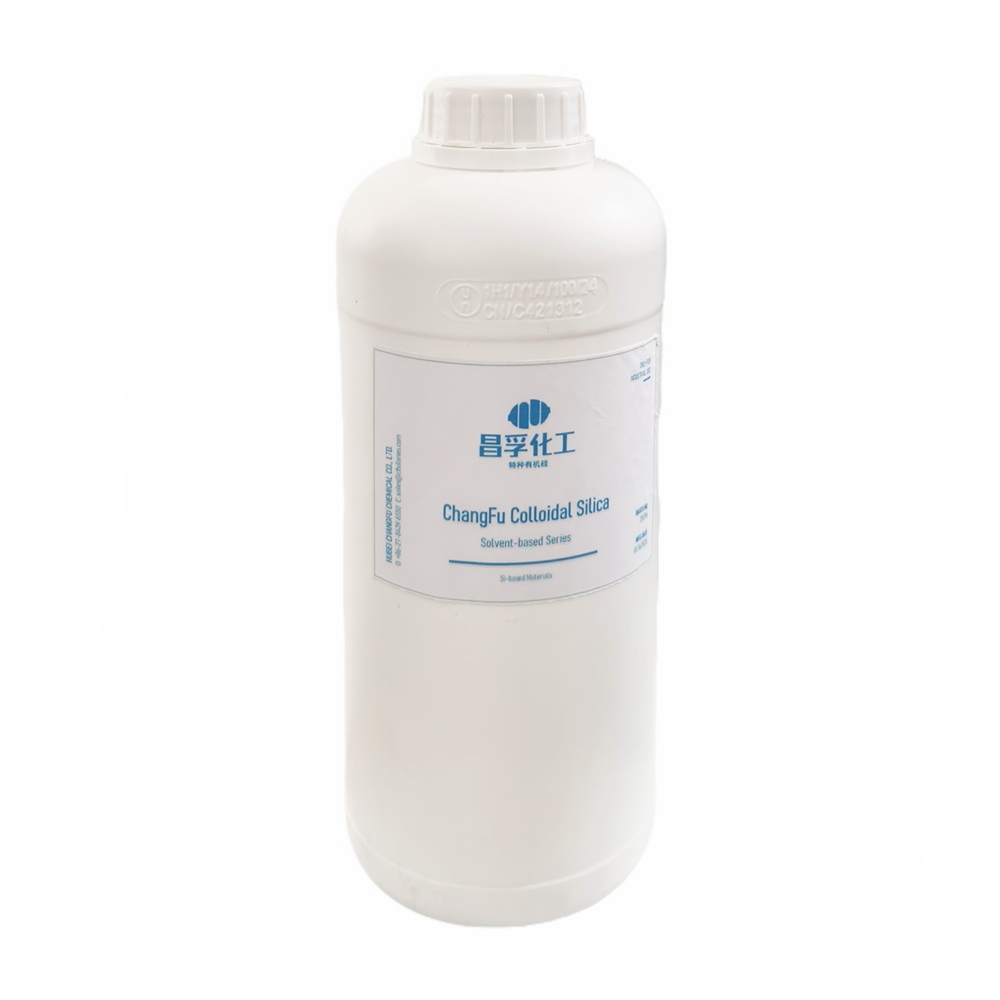


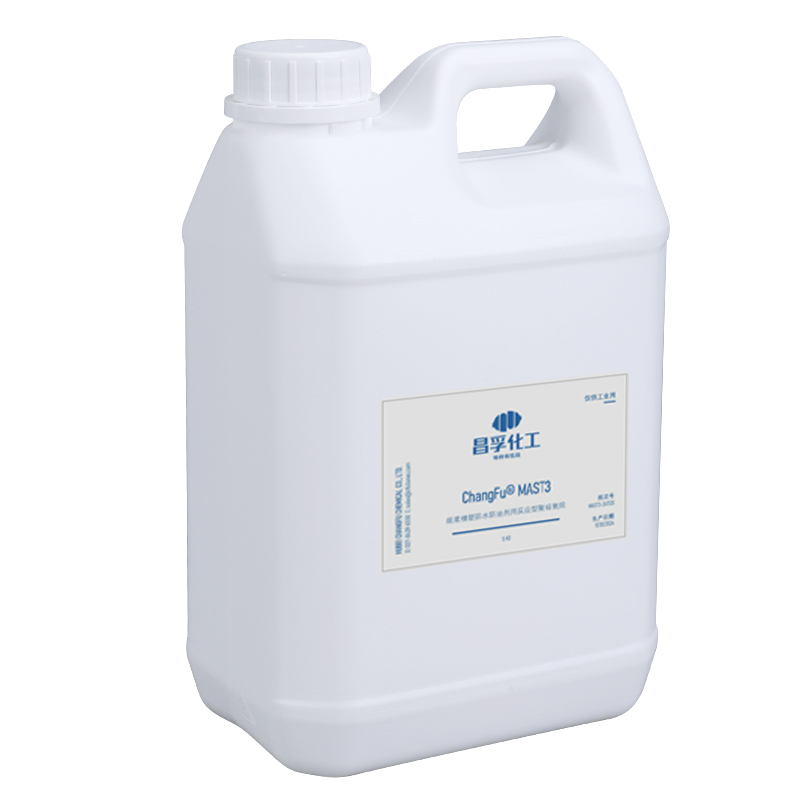





































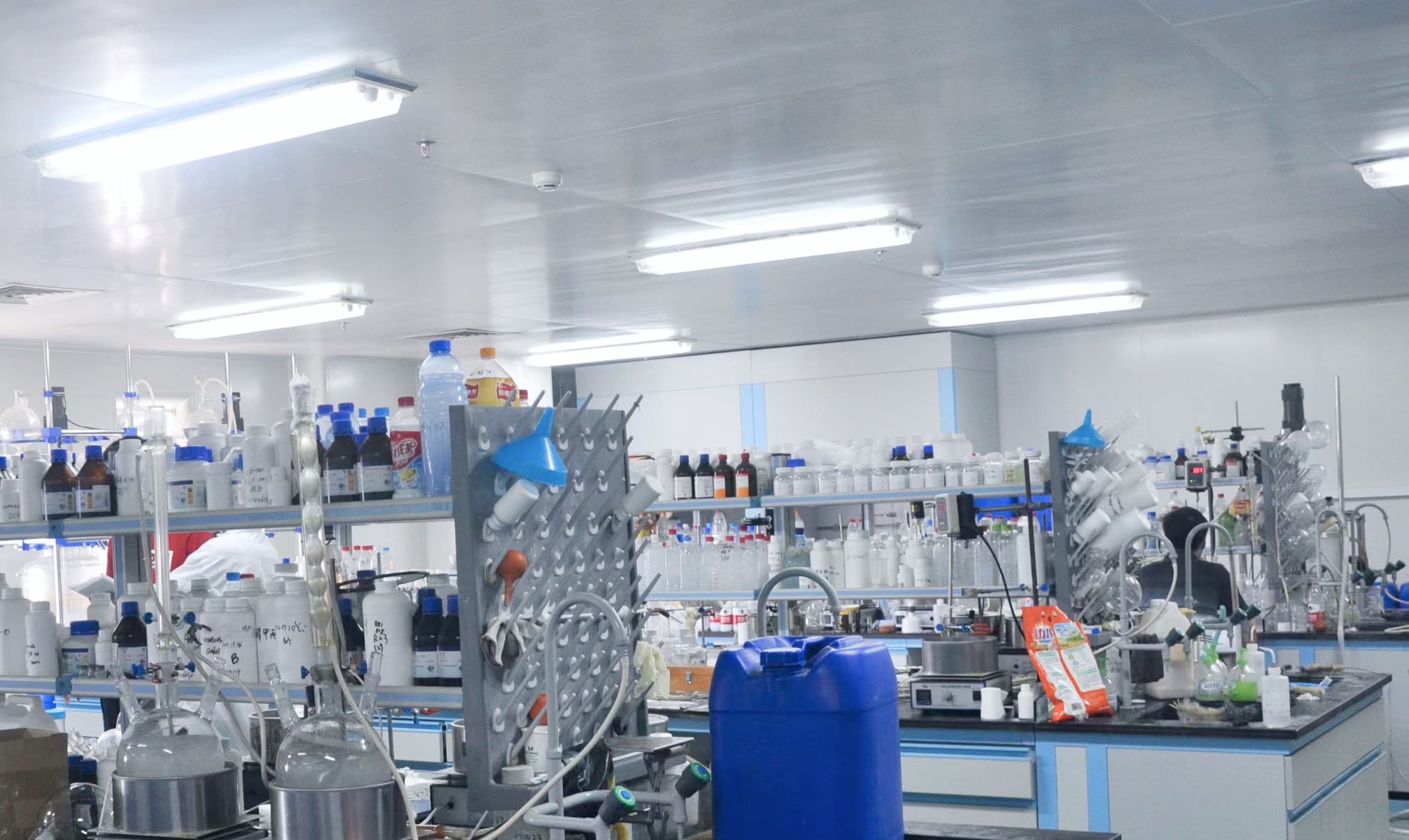

+86 27 8439 6550
+86 181 6277 0058
sales@cfsilanes.com
Optics Valley Bio-City
No. 666, Gaoxin Avenue
Hongshan District, Wuhan City

+86 27 8439 6550 | +86 181 6277 0058
sales@cfsilanes.com
Optics Valley Bio-City
No. 666, Gaoxin Avenue
Hongshan District, Wuhan City
Copyright © Hubei ChangFu Chemical Co., Ltd. All Rights



